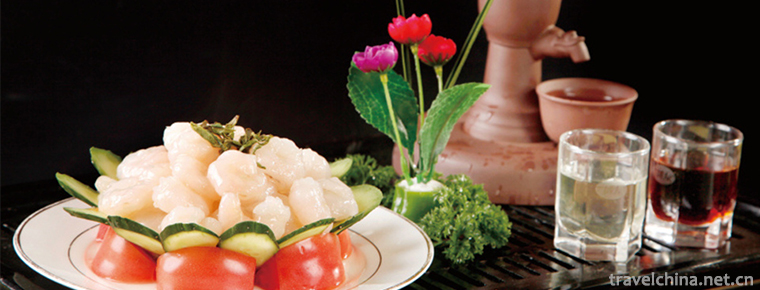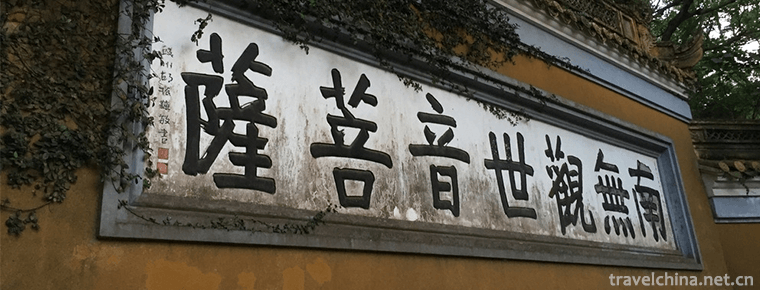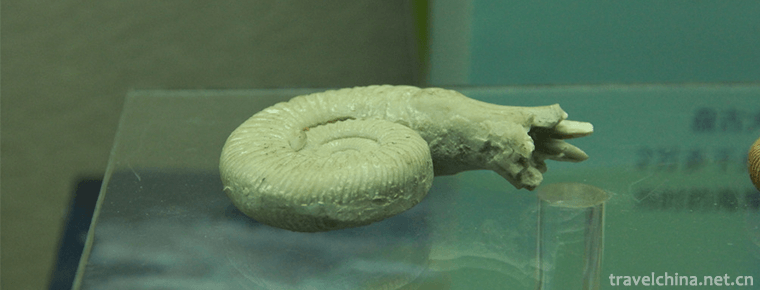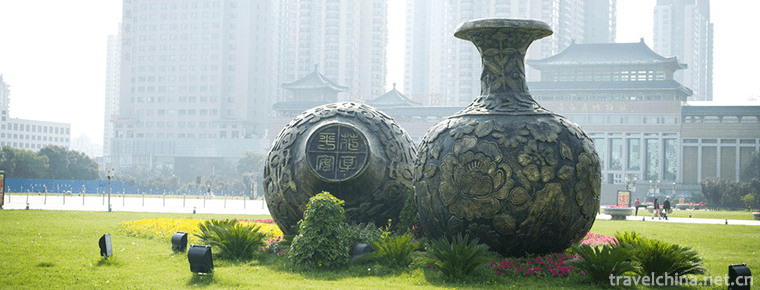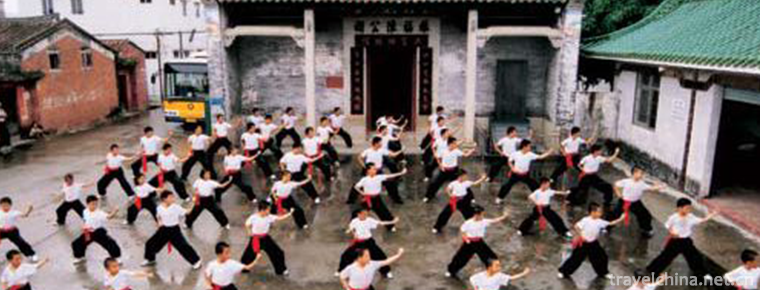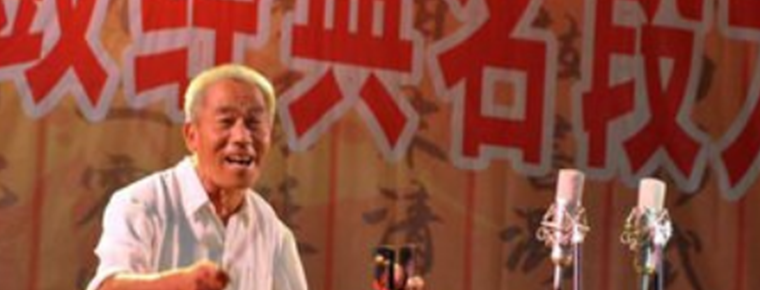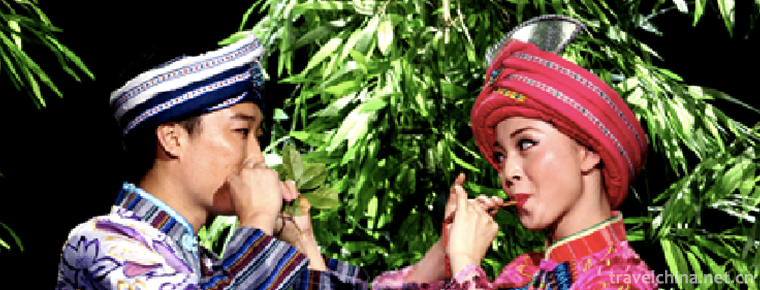Pinghu cymbal book
Pinghu cymbal book
Cymbals are a unique form of local traditional folk art in the Wu dialect area of Jiangnan. According to the Records of Songjiang County, it was formed in the Qing Dynasty (1821-1850). It is now mainly distributed in Pinghu generation in Zhejiang Province, and there are reservations in the western part of Shanghai. The singer uses bamboo chopsticks to hit cymbals by himself to master the rhythm. The melody is simple and has the style of recitation. There is a slight tug at the end of the sentence. The performances include talking and singing. The lyrics are basically seven-character sentences. They are easy to understand and have a strong local flavor. Pinghu cymbal book, a local traditional art, not only brings joy to people, but also disseminates some knowledge of literature and history. Some old peasants are illiterate, but they are the first to talk about the "Three Kingdoms" and "Water Margin", which should be attributed to listening to cymbal books.
brief introduction
Pinghu cymbal book, also known as "Saying Cause and Effect", was once called "Farmer's Book" and was named "Pinghu cymbal book" in 1956. According to the Records of Songjiang County, it was formed in the Qing Dynasty (1821-1850). In the late years of Daoguang, it was introduced into Pinghu County of Zhejiang Province and evolved into Zhejiang Province.
Unique traditional quyiqu. There are rap and singing, divided into "opening" and "book" two categories. Saying and singing with Pinghu accent in Wu dialect, the lyrics are popular and vivid. The tune is played quickly, with long, slow, sharp and crying tunes. It has the local characteristics of concise and pure complement. Traditional repertoires are performed by one person. "Cymbals" (jargon called "loudspeakers") are one-sided cymbals and a bamboo chopstick in percussion instruments of folk music. The singer hits the rhythm accompaniment by himself. Traditional repertoires include more than 100 copies of Tianshijing and Baqiaozhu. There are only one or two old artists who can sing traditional long repertoire, and they are rare in recent years. There are few professional folk artists.
History
brief introduction
Pinghu cymbal calligraphy is a famous traditional form of folk art in Zhejiang Province. It has been more than 400 years since it came into being in Wanli period of Ming Dynasty. Originally known as "Saying Cause and Effect", he spent a long time singing outdoors in "Libaidi". Later, he had a long bibliography and gradually entered the hall teahouse. Before and after the founding of the People's Republic of China, the performances were mainly performed in urban and rural tea houses, and the main objects of appreciation were farmers. Therefore, the name was changed to "Farmer's Book". In 1958, it was officially named Pinghu Cymbal Book, which was listed as a local song of Zhejiang Province.
In Pinghu and Songjiang areas, there is a popular traditional opera art which is easy to understand and appreciated by both elegance and vulgarity. Its name is "Saying Cause and Effect". When an artist sings, he holds a cymbal in his left hand and a bamboo stick in his right hand to play an accompaniment instrument. Therefore, it must be called "cymbal book" after liberation. Fan Yan, the founder of "Saying Cause and Effect". Before the War of Resistance Against Japan, in the partial Hall of Huangmiao Temple in Jinshan Acropolis on the north coast of Hangzhou Bay, some people wore square scarves, sea green, cymbals in one hand and folding fans in the other, which were his idols. Every year, the fifteenth day of the seventh month of the lunar calendar is the birthday of Zu Normal College. All the artists in Pinghu and Songjiang regions are supposed to come to this gathering to offer sacrifices. It is true that there is calendar. Here is also a legend about the famous Songjiang eunuch Dong Qichang who seized the people's women and was copied by the people.
Ming Dynasty
According to Wang Zhenxin, an old man in Xinda Town, Pinghu City, he had heard Zhou Maoqi, an old man in Xinda Town, say that the calendar of cause and effect originated in Wanli Period of Ming Dynasty. Dong Qichang, Songjiang, had worked as a teacher in Feng Dashen's residence hall in Ximen, Pinghu City, and made many literary friends. Among them, Lu Zhaofang, the most famous one with Xinda Town, was Mo Xikou. On Dong Qichang's sixtieth birthday, Lu Zhaofang sent her maid Luying to Songjiang by courtesy. Dong Lao and lustful, see green Ying quite beautiful, with violence defiled, re-hide Jiao in Bailongtan "Pearl Pavilion". Lu Ying fled back to Sikou in the gap. Dong Thieves instigated his son's ancestral power to lead more than 100 domestic slaves. He raided Sikou Lujiazhuang at night, destroyed Lujiamenting the family, robbed Luying and looted property. This prompted a collective protest, which led to the spread of the melody Biography of Black and White in the market. Because Lu Xiuci's skin color was darker and Dong Qichang's name was white, there was a catalogue of "White Prince raided Lujiazhuang at night and Black Xiuci angcai denounced Longmen" by borrowing it. This insinuation vividly denounces the causes and consequences of the bullying by Dong's father and son. After hearing the news, Dong suddenly became angry and asked the government to be strict. The compiler of the Naiqu edition could point out that he sent his slaves to the neighborhood to investigate. Fan Yan, who was just born and persevered in justice, did not give in when he learned that he was unwilling to involve others. He thought that if your officials protect each other and act wilfully, would he be able to let you run wild in the Yincao prefecture? If you fight to death, you will never get away with it. As a result, fan Chang went to Town God's Temple, Songjiang, to sue, because he was not good enough to borrow a cymbal to the temple. All pilgrims were filled with righteousness and indignation when they heard this. They all said that heaven cannot tolerate it, and that they will suffer from karma and retribution in the future. Dong Piao's heart suddenly came to him and forced Fan Yan to die of indignation. After hearing the sad news of her son's tragic death, Feng, 83-year-old Fan Mu, accompanied by Fan's wife Gong, rushed to Dongfu in Longmen, Songjiang to seek justice. Dong Zizu's ancestral right not only denied his aunt (the mother of grandfather's right and Fan's wife were siblings), but also ordered the slaves to tear their rags and pants in public humiliation, resulting in Fan's violent death on the spot. Fan's wife also suffered grievances. Since then, the people have become very angry, resorting to public courts and taking refuge in favor of the case. All opinions are of no avail. More than 30,000 people from the three counties (Pinghu, Songjiang and Fengxian) came to Longmen to claim revenge. When Dong Guan saw the people raging, he gathered more than 200 slaves and fighters to guard the house, and there were door-to-door theorists who poured out the house with feces and urine and threw tiles, which made people more and more angry. At one stroke, he painted more than 200 carved beams and Zhulanqu sills in Dong Guan's house and villas in Longmen and Bailongtan, and paid a torch. All the inscriptions of Dong Qichang's house in Fanyu temple and hall were destroyed. Afterwards, the government ordered the local authorities to arrest the culprits of "saying cause and effect". Everywhere they went, there were people knocking cymbals, saying cause and effect, and they could not figure out who was the main culprit. Moreover, after listening to "Biography of Black and White", they were very sympathetic and had no choice but to do so.
Since then, "Saying Causality" has become a local folk art in Pinghu and Songjiang areas and has been handed down among the people. The cymbal clapping theory of cause and effect has become a means of livelihood for some folk artists.
Qing Dynasty
In the twenty-fourth year of Qingdaoguang, Zhuhuang (formerly Zhixian County, Pinghu County), the prefecture of Hangzhou, on Hangjiahu Road, implemented a high-pressure policy on fiction, opera and folk songs. Books, engravings, market sales and singing were strictly prohibited. Those who violated the law were less serious, but those who killed their heads were more serious, in an attempt to prohibit them forever. During the seven years of Tongzhi, Ding Richangyu, governor of Jiangsu Province, ordered that operas and folk songs should be banned forever in Dao Li Bei of Shanghai, and that all theatres and academies should be banned. Flower Drum Opera, once popular for a while, was discriminated against and strangled by officials and local officials everywhere, forcing artists to go to despair and to the brink of extinction. Employees were forced to move to the countryside, to small farmhouse teahouses and Libaidi performances. Folk operas could not be developed, and artists'cultural quality was getting lower and lower, which led to the decline of artistic level. By the time of the 1911 Revolution, there were only 40 long pieces of music, such as Tianbao Tu, Three Chivalrous and Five Rights, Four Fragrant Margins, and more than 10 of them, such as Peng A Pei Baling Hand, Lord Lv's Plaque and Ten Views of Dongxiang. Until 1949, before the founding of New China, it was said that there was no fixed bookstore for causal artists, who lived alone in villages such as Pinghu and Songjiang, singing in small teahouses or standing in white, and relied on casual handouts from the audience. There are also a few artists who sing "community book" in spring and autumn every year. They are the main entertainment after sacrificing the gods in the village clubs. The rewards are slightly high, so the life of artists is very bitter.
After the founding of the People's Republic of China
After the founding of the People's Republic of China, the people's Cultural Hall of Pinghu County organized the dispersed artists and held two artists'workshops in August 1950 and the following spring. Forty-two people participated in the workshops. They renamed "Saying Cause and Effect" as "Farmer's Book". The artists entered suburban and township teahouses and had fixed performances. In October, the Peasant Book Improvement Association of Pinghu County was established with 36 members. In March 1953, the Peasant Calligrapher Federation of Pinghu County was established. In November 1956, the Federation registered artists, issued performance certificates, renamed "cymbals" and established "Pinghu County Quyi Association" with 51 members, who carried out collective management, decentralized performances, paid membership fees and returned their income. In October 1958, a Quyi Troupe of Pinghu County was set up, with 15 members. The troupe was operated collectively and performed separately. The troupe earned money from public transport and received monthly salary. The rest were converted to semi-professional artists or farmers.
inherit
Over the long years, smart and wise folk causal artists have created more than 140 Bibliographies of Cymbals in Pinghu, of which nearly one hundred are long bibliographies. Each book can be rapped and sung for several months, bringing joy to the people of more than ten counties (cities and districts) in northern Zhejiang and Songjiang, Shanghai. It was once the main and most popular form of cultural and entertainment activities in this area. The main connotations of praising loyalty and belittling adultery, promoting national integrity and being kind to others in cymbals'bibliographies have always been the textbooks for self-education and self-improvement of people in popular areas. Until 1964, before the Cultural Revolution, there were 760,000 cymbal Book listeners in a teahouse bookstore in Pinghu alone in a year with box office records.

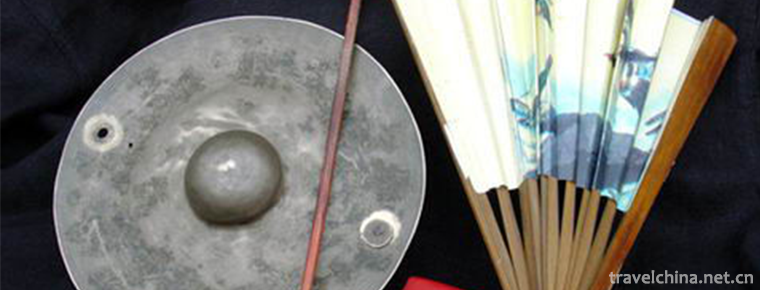
-
Stirfried Shrimps with Longjing Tea Leaves
Lobwell shrimp is a famous Hangzhou dish with a strong local flavor. It is made of lobwell tea and shrimp before and after the Qingming Festival. .
Views: 184 Time 2018-10-27 -
Hao River
Haohe River surrounds the old city of Nantong, like a gourd, like a Pearl chain, known as the "emerald necklace" of Nantong City. It is a national 5A tourist attraction..
Views: 190 Time 2018-12-06 -
Putuo Mountain Scenic Spot
Putuo Mountain Scenic Spot, located about 100 nautical miles east of Hangzhou Bay, Zhejiang Province, is an island in Zhoushan Islands. The island covers an area of 12.5 square kilometers.
Views: 158 Time 2018-12-07 -
Cai Lun Zhuhai
Cai Lunzhuhai is located in Huangshi Town and Dayi Town, Leiyang City, a famous historical and cultural city in central and southern China. It covers an area of 100 square kilometers and has a central.
Views: 111 Time 2019-01-04 -
Chengjiang biota
Chengjiang biota is located near Maotianshan, Chengjiang, Yunnan Province, China. The stratum of Chengjiang biota is yellow-green silty shale of Yudanshan section of Qiongzhusi Formation of Lower Camb.
Views: 148 Time 2019-01-05 -
Qinghai Provincial Museum
Qinghai Museum is located in the east of Xining Square in the west of Xining City. It is the first large-scale comprehensive museum with modern functions in Qinghai.
Views: 221 Time 2019-02-07 -
Cai Lifo quan
Cai Li Foquan is one of the Nanquan in Chinese traditional boxing. Legend has it that Chen Heng (1806-1875), a native of Jingmei Township, the new capital of Guangdong Province,.
Views: 178 Time 2019-04-04 -
Lu an drum
Luan drum is a traditional drum book and drum music form with distinct regional characteristics in the north, also known as the "old tune of Lu'an". It is named for its popularity in the are.
Views: 438 Time 2019-05-15 -
Tujia Nationalitys Quinone
"Tujia Diaoqu" is not only a wind instrument with peculiar structure, but also a genre of folk songs. At the same time, in Western Hunan, it is also the name of common music cards shared by .
Views: 142 Time 2019-06-23 -
Your smile is so beautiful Tik Tok Songs 2020 Hot Songs
The most pleasant thing is to listen to a song like the spring breeze, pure and clean children's voice washing the city's dusty heart..
Views: 423 Time 2020-05-21 -
Yibin economy
In 2019, Yibin City will realize a GDP of 260.189 billion yuan, an increase of 8.8% over the previous year in terms of comparable prices. Among them, the added value of the primary industry was 27.764 billion yuan, an increase of 2.9%; the add.
Views: 283 Time 2020-12-18
